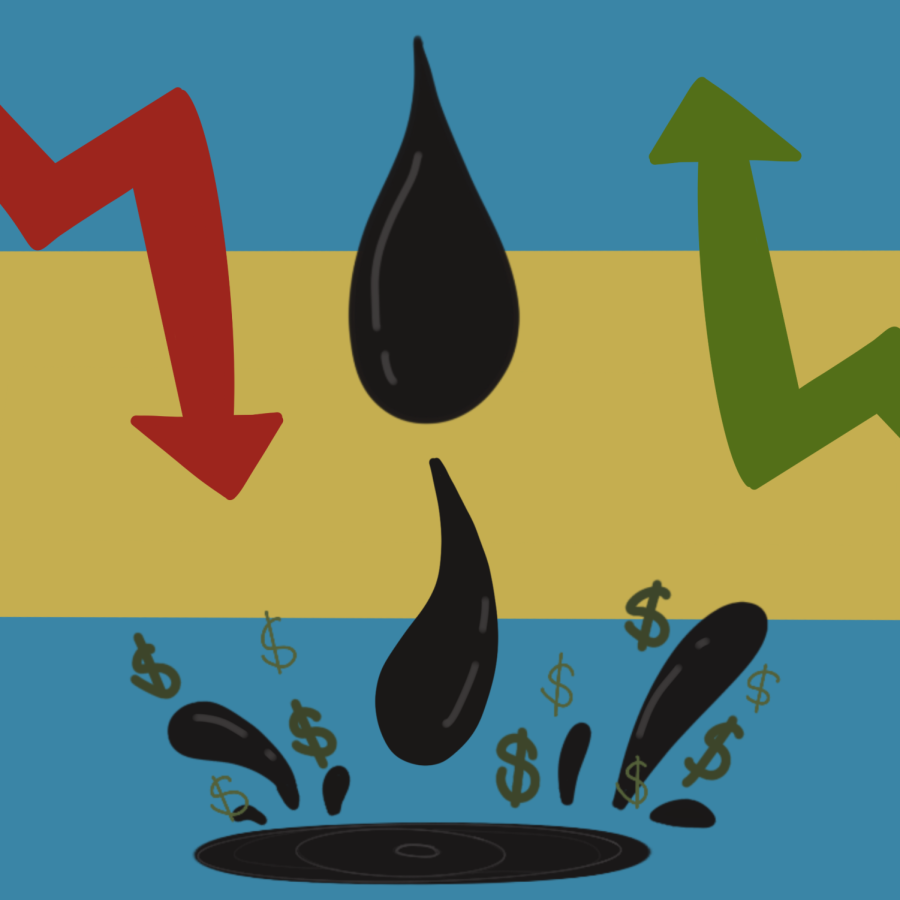An unprecedented impact
March 22, 2022
The economic implications of Russia’s invasion of Ukraine are difficult to understand — to say the least. A multifaceted and saddening issue, the invasion is wreaking havoc upon not only the Russian economy, but also economies all over the world. It is okay to be utterly confused about the sudden increase in gas prices and other basic necessities; our economic security is being ripped out from underneath us. There is much to unpack when it comes to the economic hellfire that was unleashed when Putin decided to invade Ukraine.
On Feb. 19, after receiving news of Putin’s plans, Vice President Kamala Harris reiterated warnings about the United States’ position regarding the invasion. She made it clear that the U.S. would not support Putin’s decision, and that there would be significant consequences for Russia. According to the Peterson Institute for International Economics, she said, “We have prepared, together, economic measures that will be swift, severe and united. We will impose far-reaching financial sanctions and export controls. We will target Russia’s financial institutions and key industries. And we will target those who are complicit and those who aid and abet this unprovoked invasion.”
On Feb. 24, Russia invaded Ukraine despite a plethora of threats from many governments. That same day, the U.S. responded to the invasion with unprecedented sanctions. Economic sanctions are financial penalties aimed at a state or entity, and are imposed in order to persuade the entity to change its behavior. In the United States’ case, The Department of the Treasury’s Office of Foreign Assets Control (OFAC) banned Russia from the global financial system by preventing its two largest banks and other private financial institutions from making any transactions, therefore inhibiting their ability to make money. This also barred Russia from using its “foreign-exchange reserves to cushion its economy,” according to the Wall Street Journal.
On Feb. 26, the U.S., European Union, United Kingdom, Canada, France, Germany and Italy advocated for the removal of some Russian banks from The Society for Worldwide Interbank Financial Telecommunication (SWIFT). SWIFT is a messaging system that assists in financial transactions between banks in different countries, and the exclusion of Russian banks prevents Russian oligarchs from getting around certain sanctions.
On March 2, Russia’s largest bank ended its European operations because it could no longer afford to continue doing business with its subsidiaries.
On March 8, Biden announced the ban on imports of Russian oil, liquified natural gas and coal, which served as a major escalation of the U.S. response to the invasion. In hopes of further punishing Putin, Biden made the ban immediate. This would explain the significant rise in gas prices, with the current average for regular unleaded gas being $4.252 per gallon and diesel at $5.047 per gallon.
On March 11, in retaliation to the sanctions imposed by the U.S., Putin banned the export of telecommunication, medical, auto, agricultural, electrical and technical equipment until the end of 2022. This would explain high inflation in the U.S.
So, what does all of this mean? The Russian invasion of Ukraine has caused, and will continue to cause unprecedented responses from allies of Ukraine, which will affect nations in many different ways.
According to The World Bank, “The entire global economy will feel the effects of the crisis through slower growth, trade disruptions, and steeper inflation, harming especially the poorest and most vulnerable. Higher prices for commodities like food and energy will push inflation up further.”









